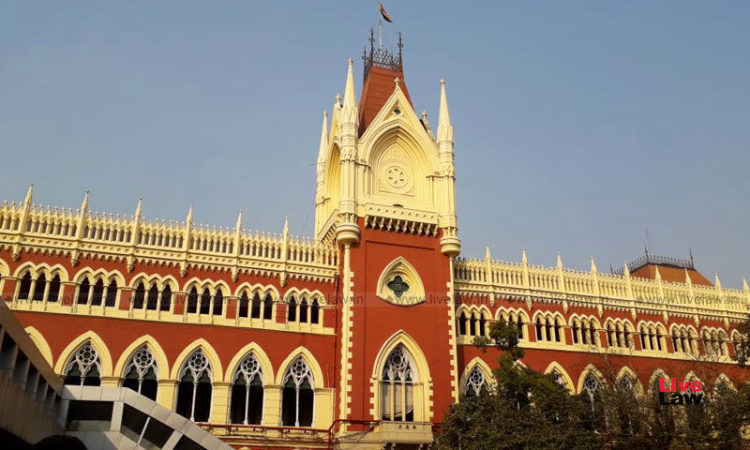The Calcutta High Court has held that a writ court cannot answer the classification of products under the Customs Tariff Act as it requires technical analysis.The single bench of Justice Md. Nizamuddin has observed that a writ court in the exercise of its constitutional writ jurisdiction under Article 226 of the Constitution of India should not act as an expert to scrutinize the composition...

